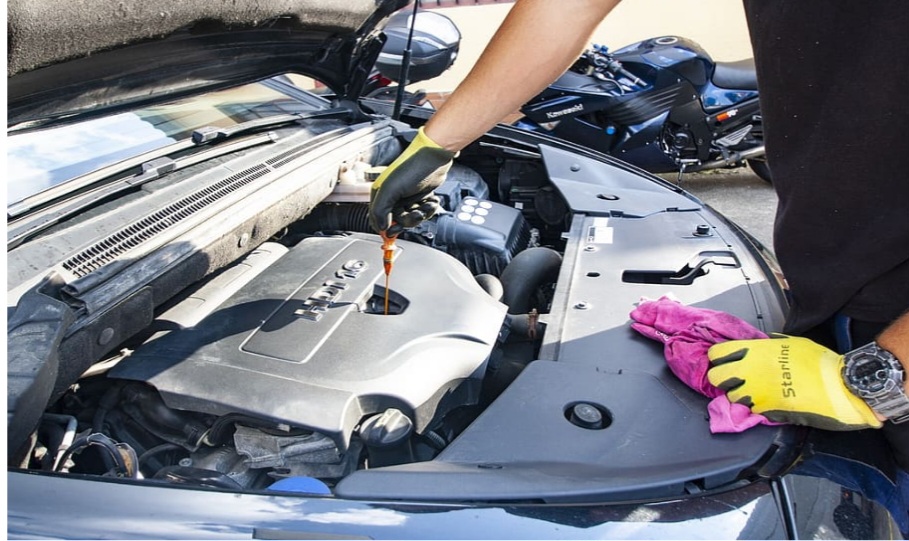
Introduction:
Car owners understand the importance of regular maintenance to ensure their vehicles operate smoothly. One critical aspect of car maintenance is oil changes. The type of oil used in a vehicle can significantly impact fuel efficiency and overall performance. In this article, we will explore the relationship between car oil and fuel efficiency, delving into how different types of oil can affect your vehicle’s performance.
The Role of Car Oil in Engine Function:
Car engines are complex machines with many moving parts that require proper lubrication to function optimally. Car oil plays a vital role in reducing friction and heat generated by these moving components. It acts as a protective layer, ensuring smooth operation and preventing premature wear and tear. Without adequate lubrication, the engine’s performance can be compromised, leading to decreased fuel efficiency.
Conventional Oil and its Effect on Fuel Efficiency:
Conventional oil, also known as mineral oil, is the most common type of oil used in vehicles. It is derived from crude oil and undergoes refining processes to enhance its lubricating properties. While conventional oil performs adequately in most cars, it tends to break down faster and become less effective over time. As the oil breaks down, it loses viscosity, making it less capable of providing sufficient lubrication. Ultimately, this impacts fuel efficiency, resulting in decreased mileage.
Synthetic Oil and Improved Fuel Efficiency:
Synthetic oil is engineered to offer superior lubrication and longevity compared to conventional oil. It is composed of artificially synthesized compounds that mimic the properties of conventional oil but with added benefits. Synthetic oil maintains its viscosity and lubricating properties for a more extended period, allowing the engine to run more efficiently. This improved performance often translates to better fuel efficiency and a smoother driving experience.
High-Mileage Oil and its Impact on Fuel Efficiency:
As vehicles age, their engines tend to experience increased wear and tear. High-mileage oil is specifically formulated to address the needs of older engines. It contains additives that can help rejuvenate worn-out seals and gaskets, reduce oil consumption, and prevent leaks. By providing better engine protection, high-mileage oil can contribute to improved fuel efficiency in older vehicles, helping to mitigate the effects of aging components.
The Importance of Regular Oil Changes:
Regardless of the type of oil you choose, regular oil changes are crucial for maintaining optimal fuel efficiency and performance. Over time, oil becomes contaminated with dirt, debris, and engine byproducts, losing its effectiveness. Regular oil changes ensure that the engine receives clean, fresh oil, reducing friction and maximizing fuel efficiency. It is recommended to follow the manufacturer’s guidelines for oil change intervals or consult a trusted mechanic for advice tailored to your vehicle’s specific needs.
How much is a conventional oil change at Jiffy Lube?
When it comes to pricing, How much is a conventional oil change at Jiffy Lube? can vary depending on location and any ongoing promotions. It’s always a good idea to check with your local Jiffy Lube service center for their current pricing. Remember that while cost is a factor to consider, the quality and type of oil used in the service are equally important. Opting for a synthetic or high-mileage oil change might come at a slightly higher price, but the potential fuel efficiency benefits and engine protection can make it a worthwhile investment.
Conclusion:
Car oil plays a pivotal role in fuel efficiency and the overall performance of your vehicle. While conventional oil is commonly used, synthetic oil offers enhanced lubrication and longevity, potentially leading to improved fuel efficiency. Additionally, high-mileage oil is designed to cater to the needs of older engines, optimizing their performance. Regardless of the type of oil chosen, regular oil changes are essential for maintaining optimal fuel efficiency and prolonging the life of your car’s engine. Remember, keeping your car well-maintained not only saves you money on fuel but also ensures a smoother and more enjoyable driving experience.







